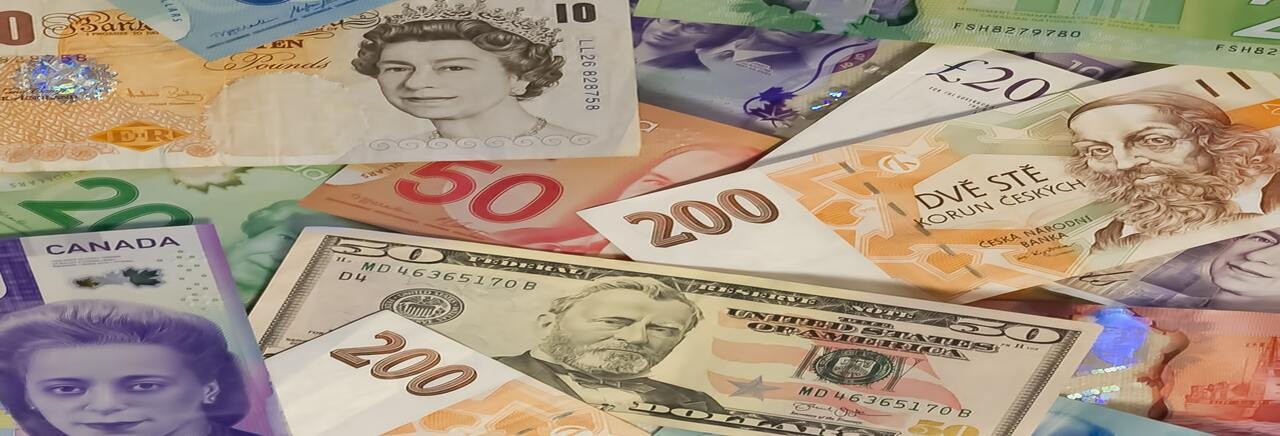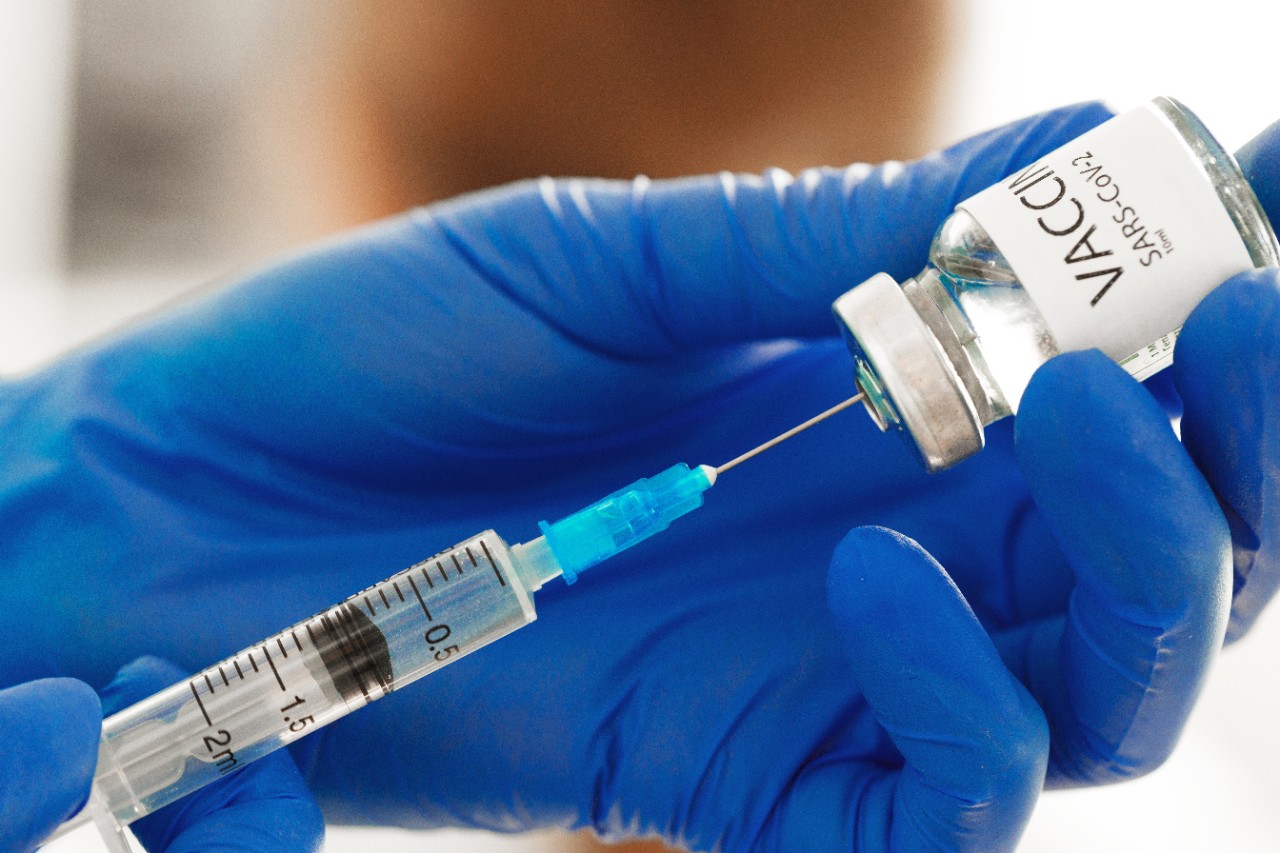Egypt joined other Emerging Markets in easing its monetary policy, after a strong disinflation (8.7% in July y/y, down from 14.1% in May). The appreciation of the EGP since early 2019 (+8%) eased the job, as assets in EGP were used by carry traders (high interest rates, low currency volatility). Lower inflation was expected (core inflation was below 10% during the last 15 months) but not that rapidly since subsidy cuts were assumed to have a longer-lasting inflationary impact. Real interest rates are still quite high (5.5%) despite the -150bp easing; hence there is room for further cuts. Lower inflation is also good for private consumption (quite weak during the last three years) and should ease public and corporate debt service (the debt duration is quite short, about two years).The investment cycle in infrastructure is expected to be reinforced, as debt arrears to foreign oil companies were reduced to USD900mn in June. Altogether, these positive evolutions should bring economic growth to +6% in 2020.
















